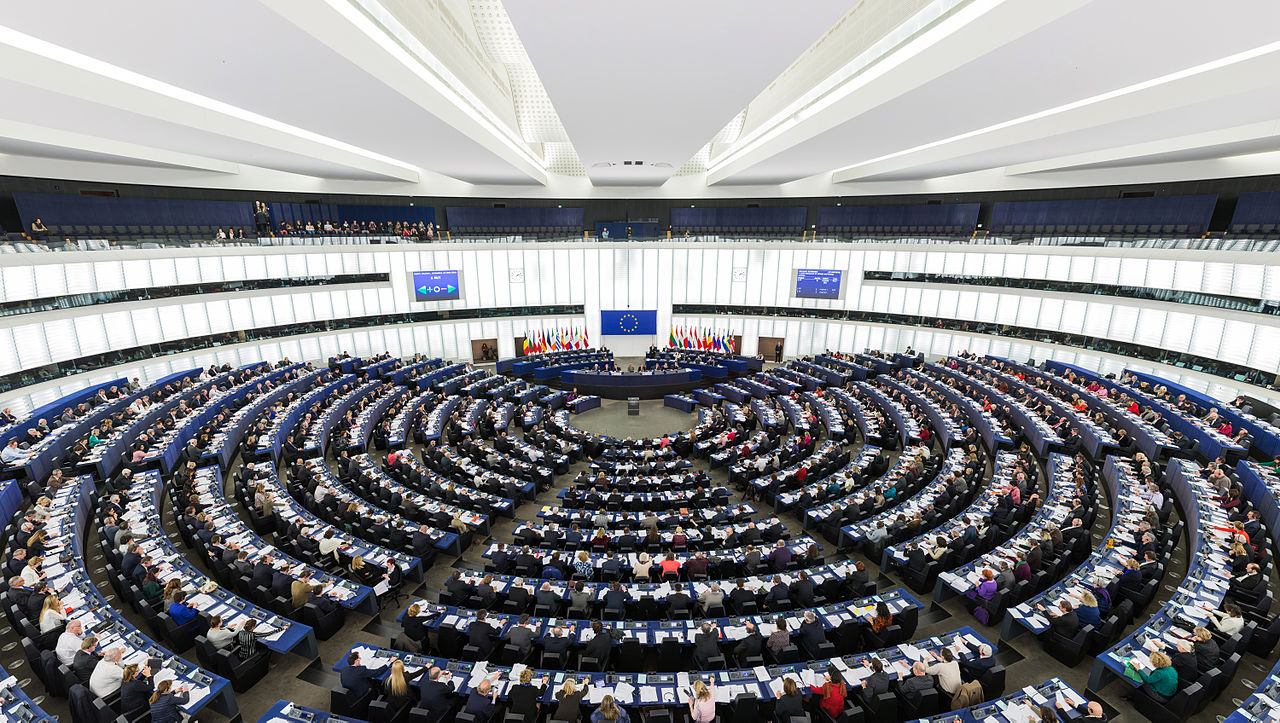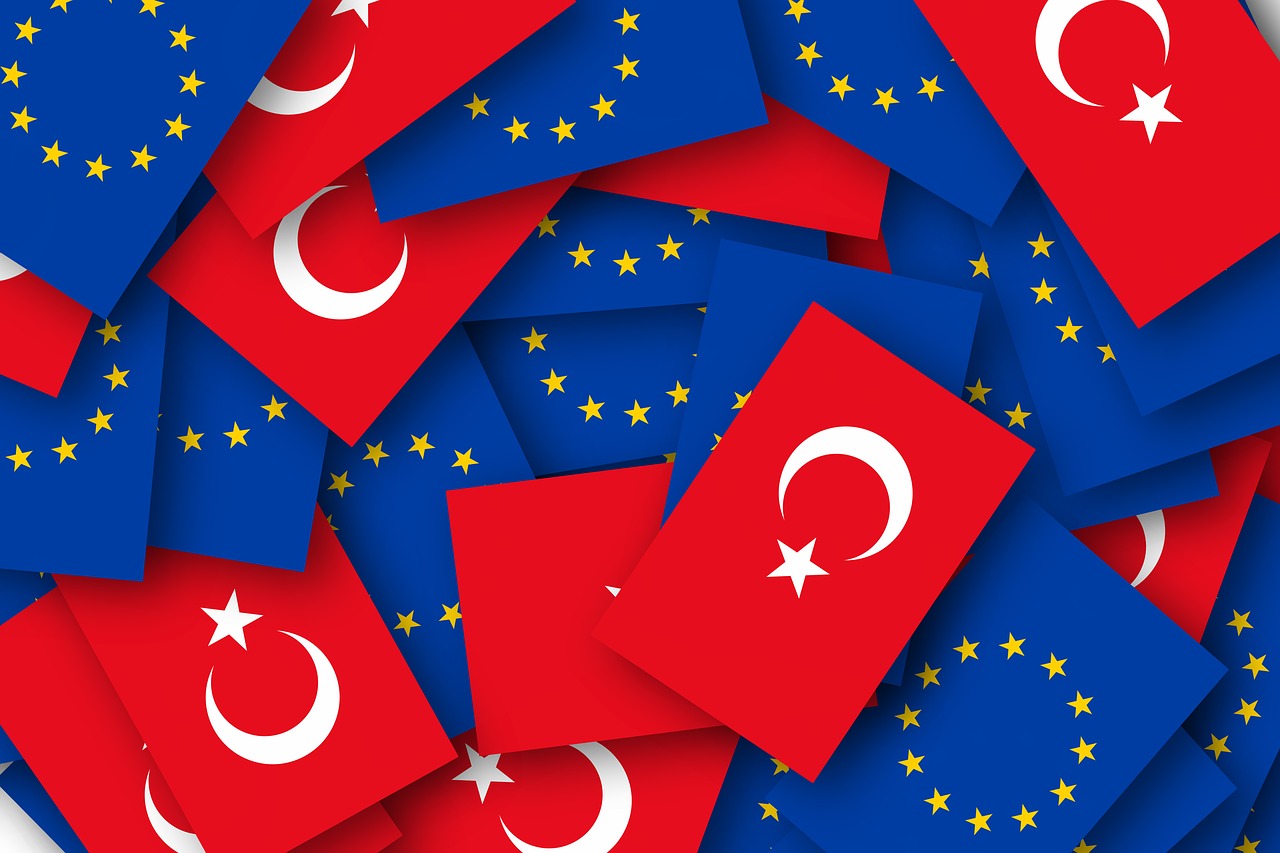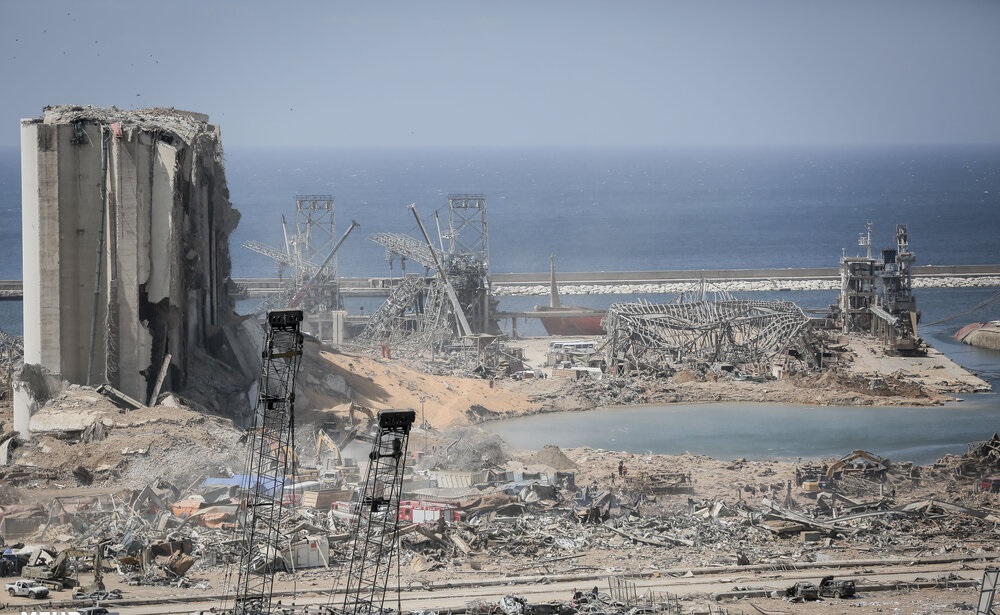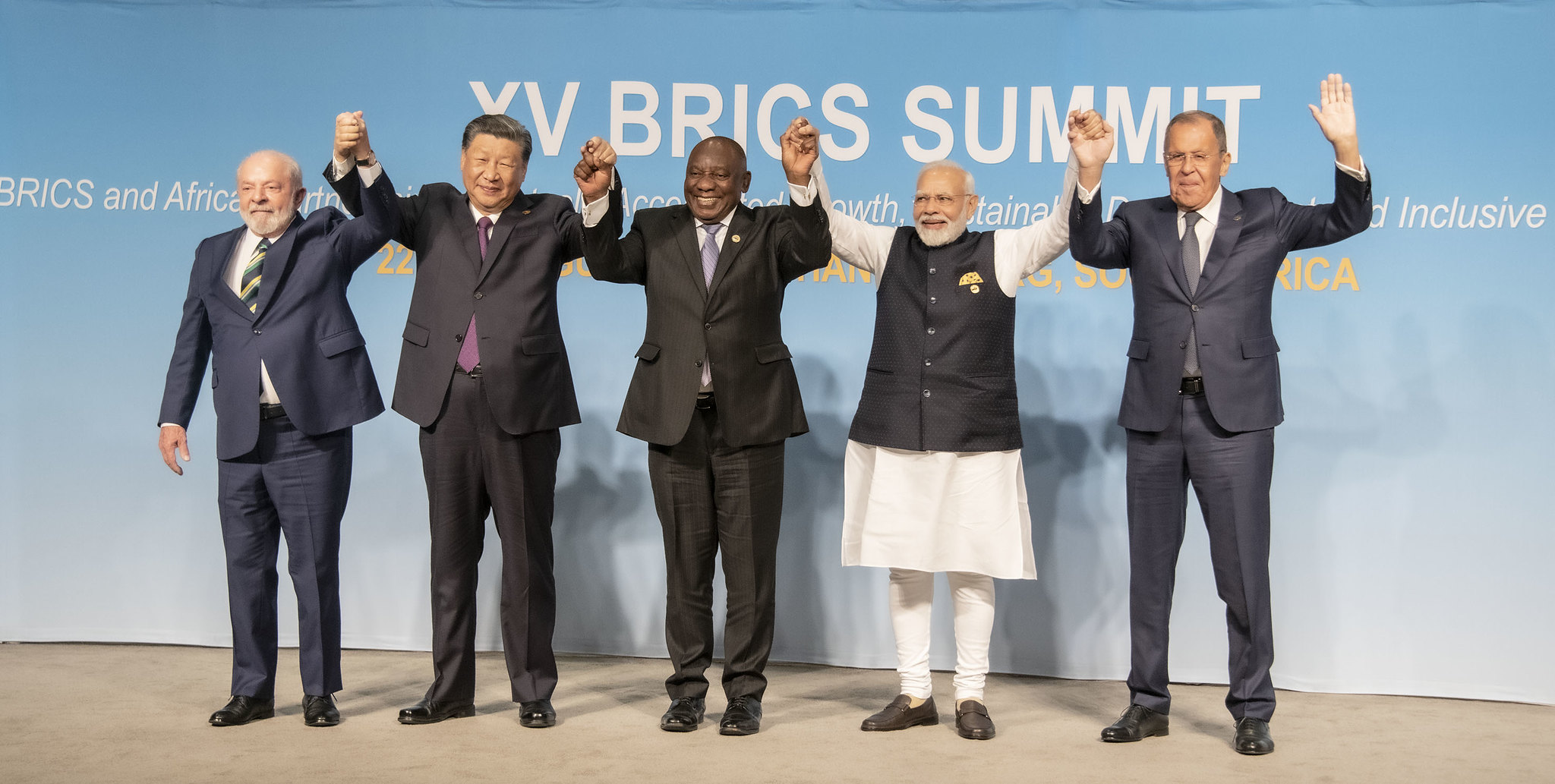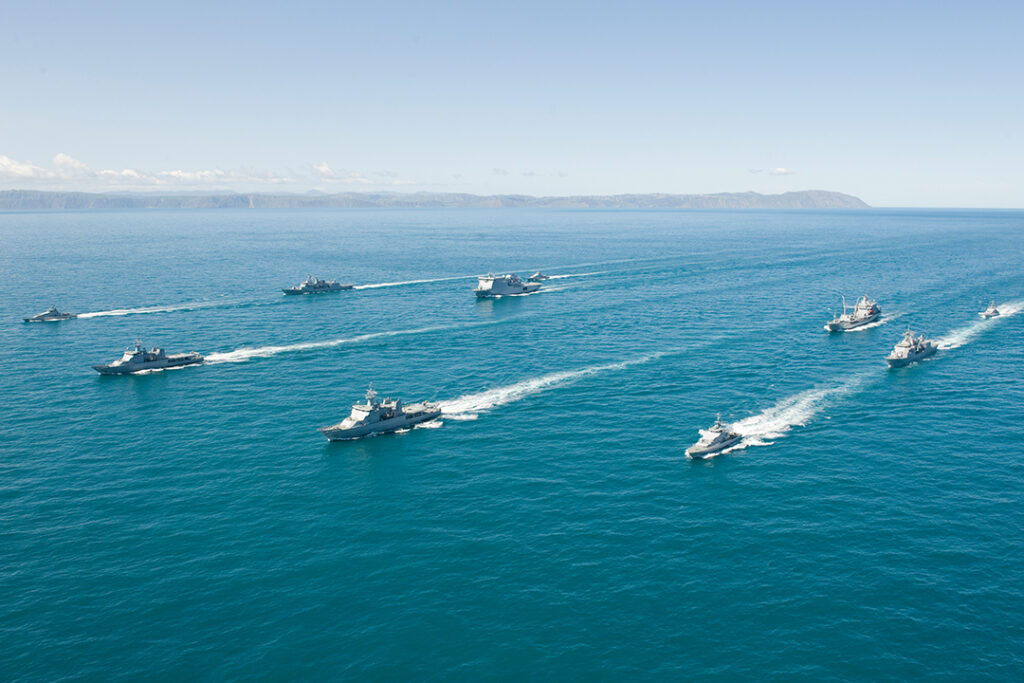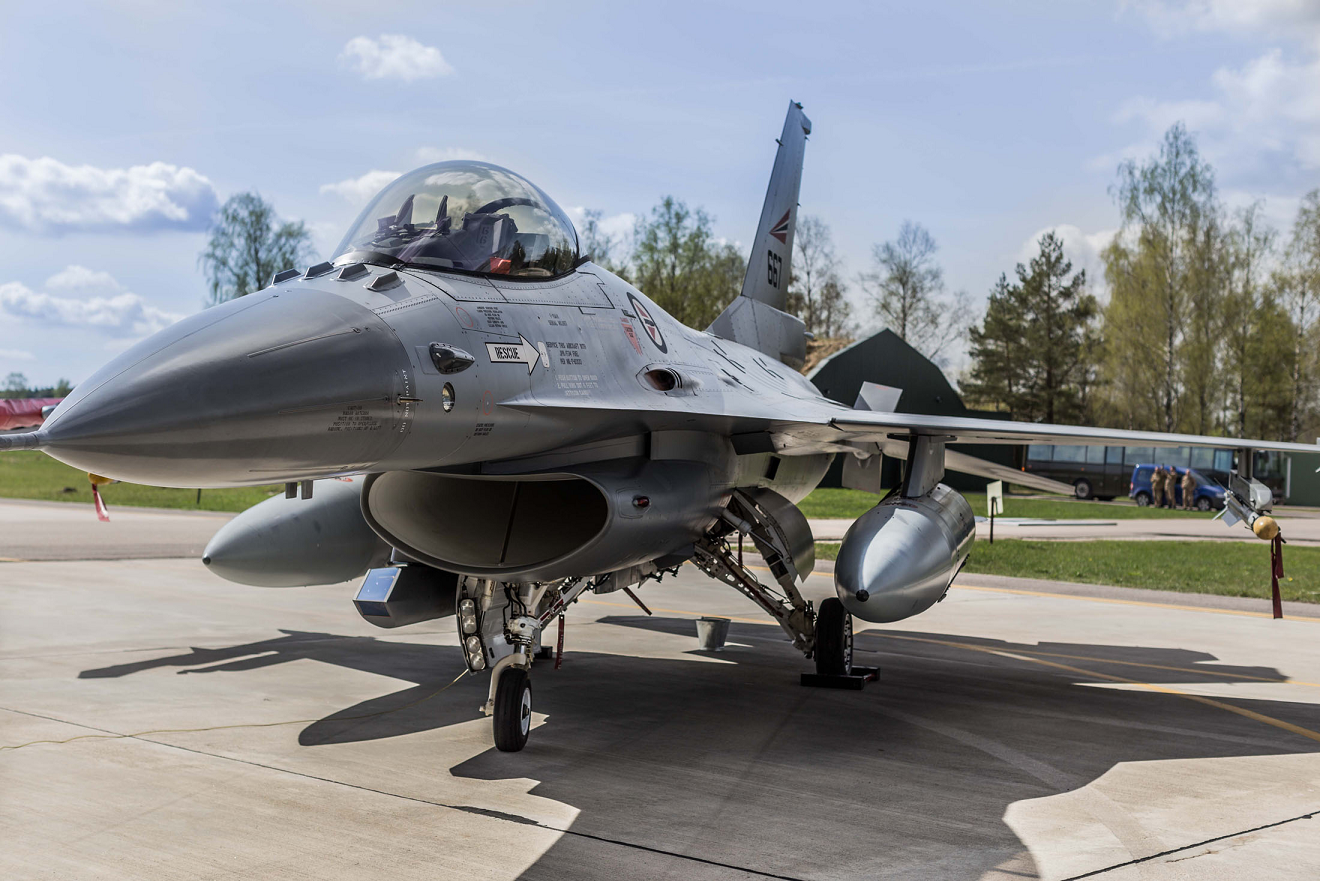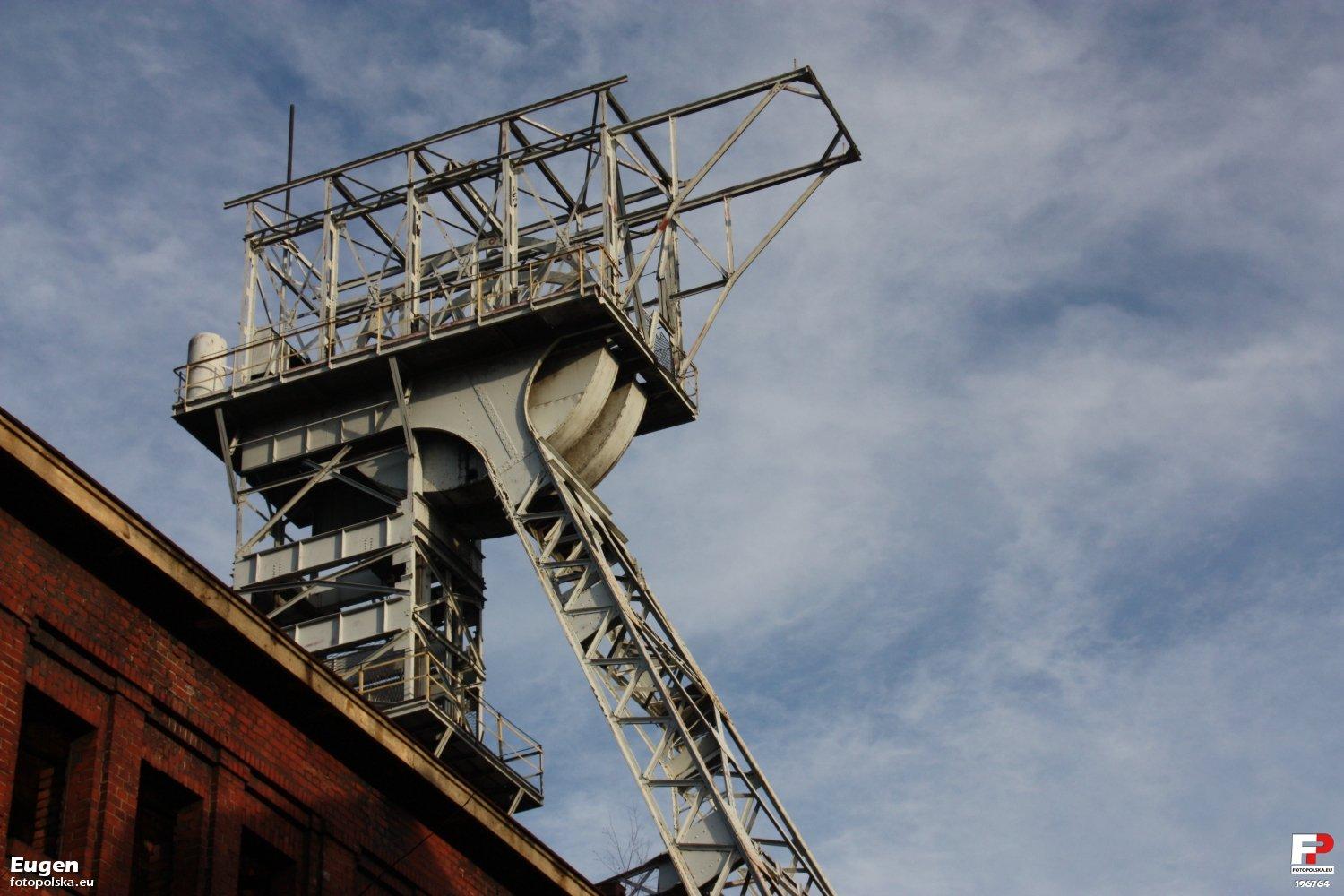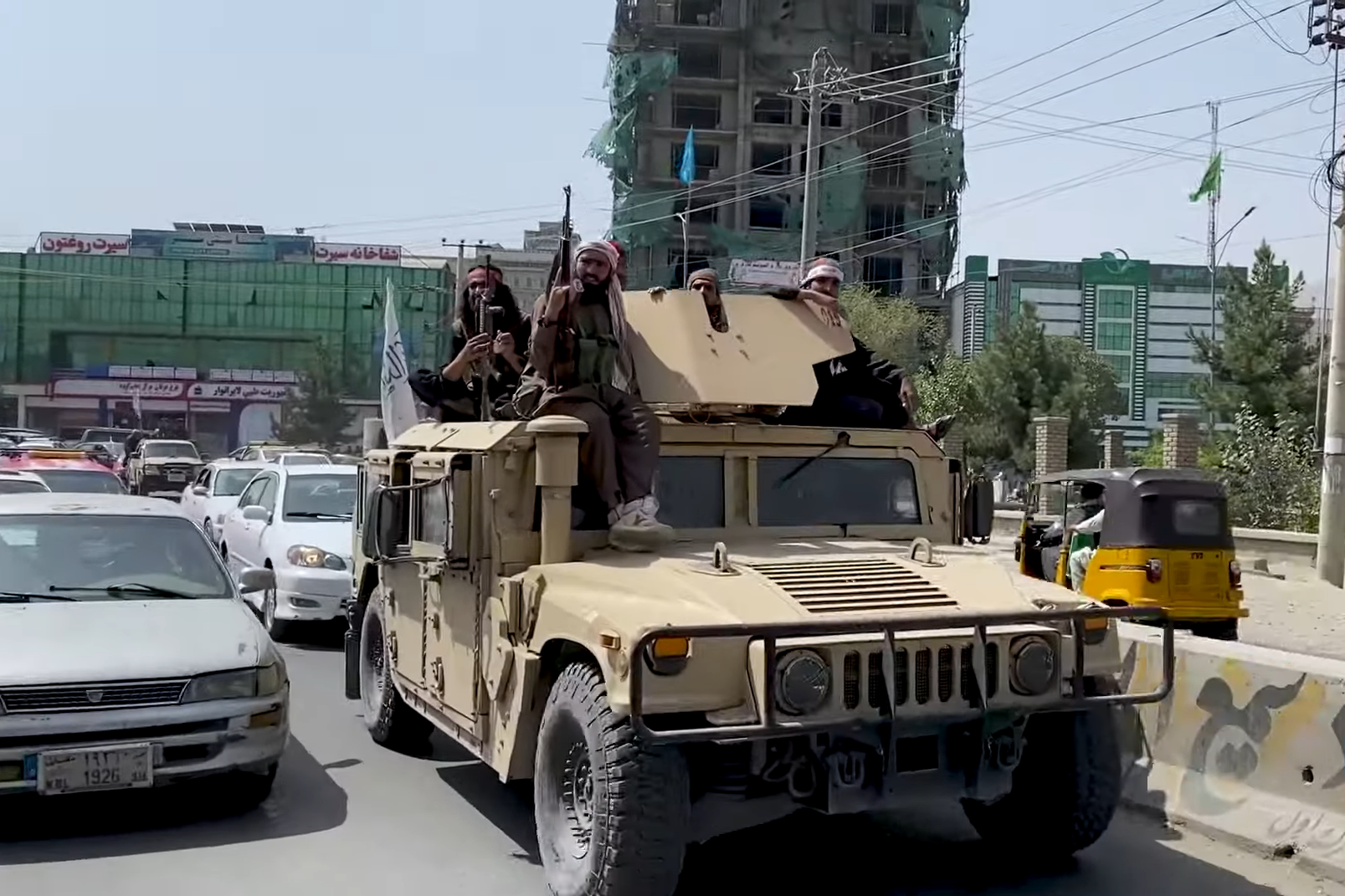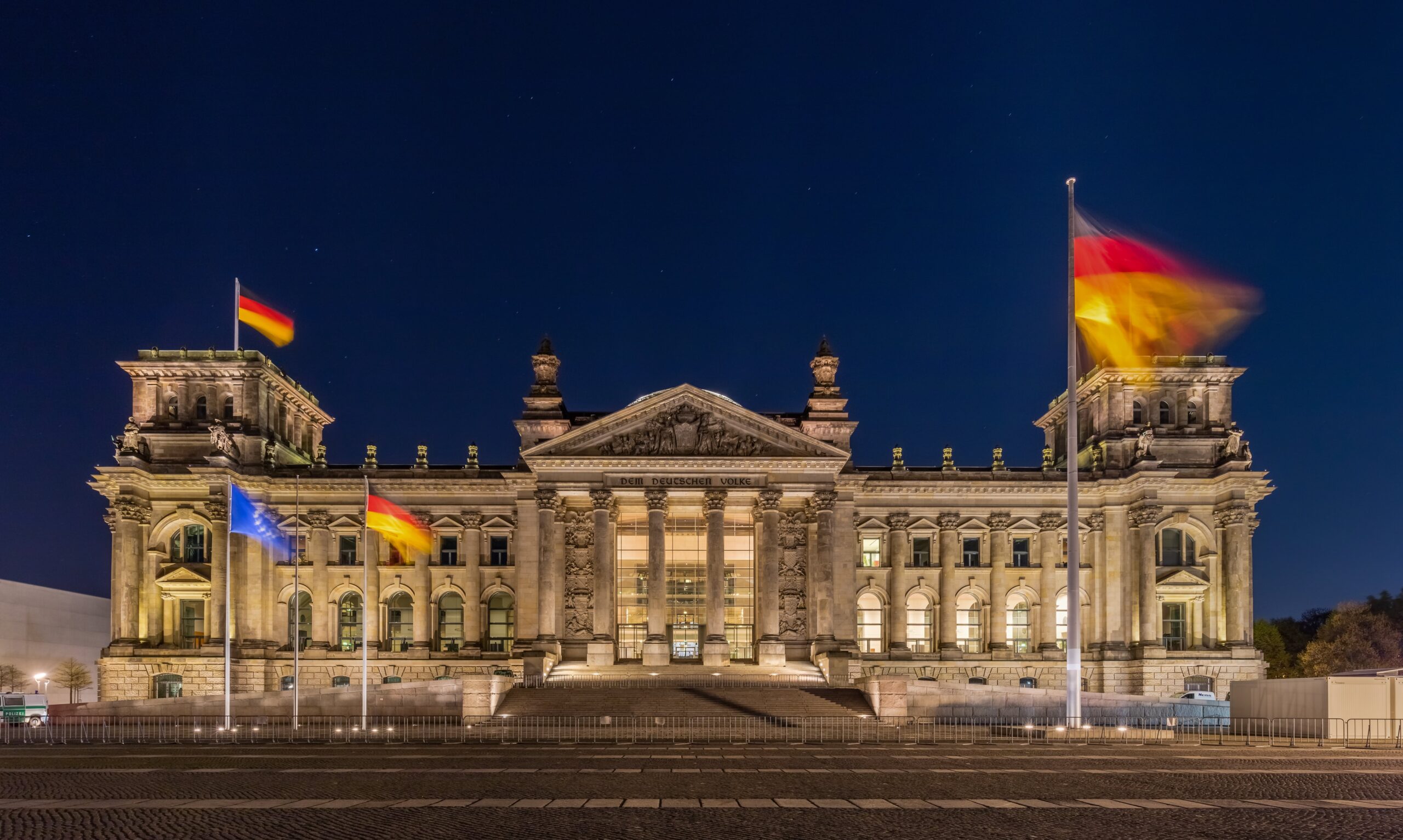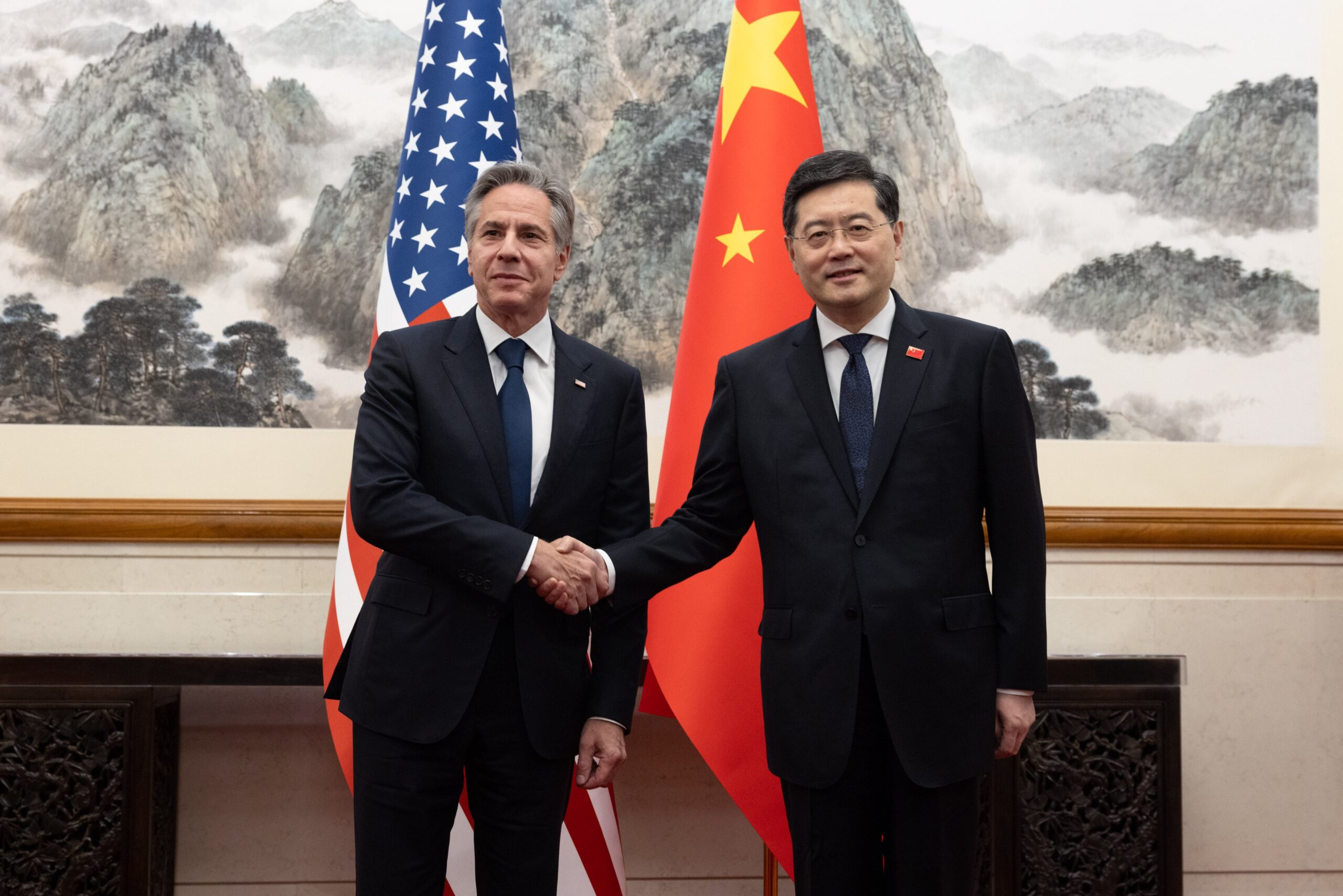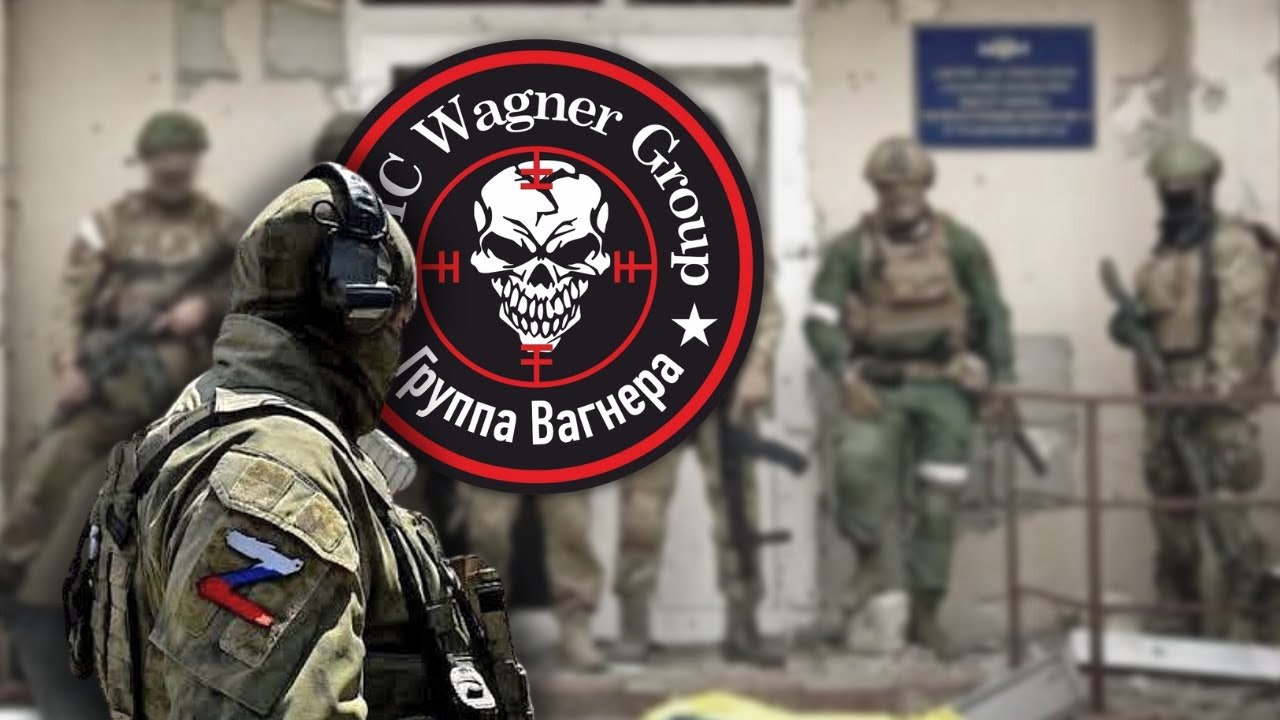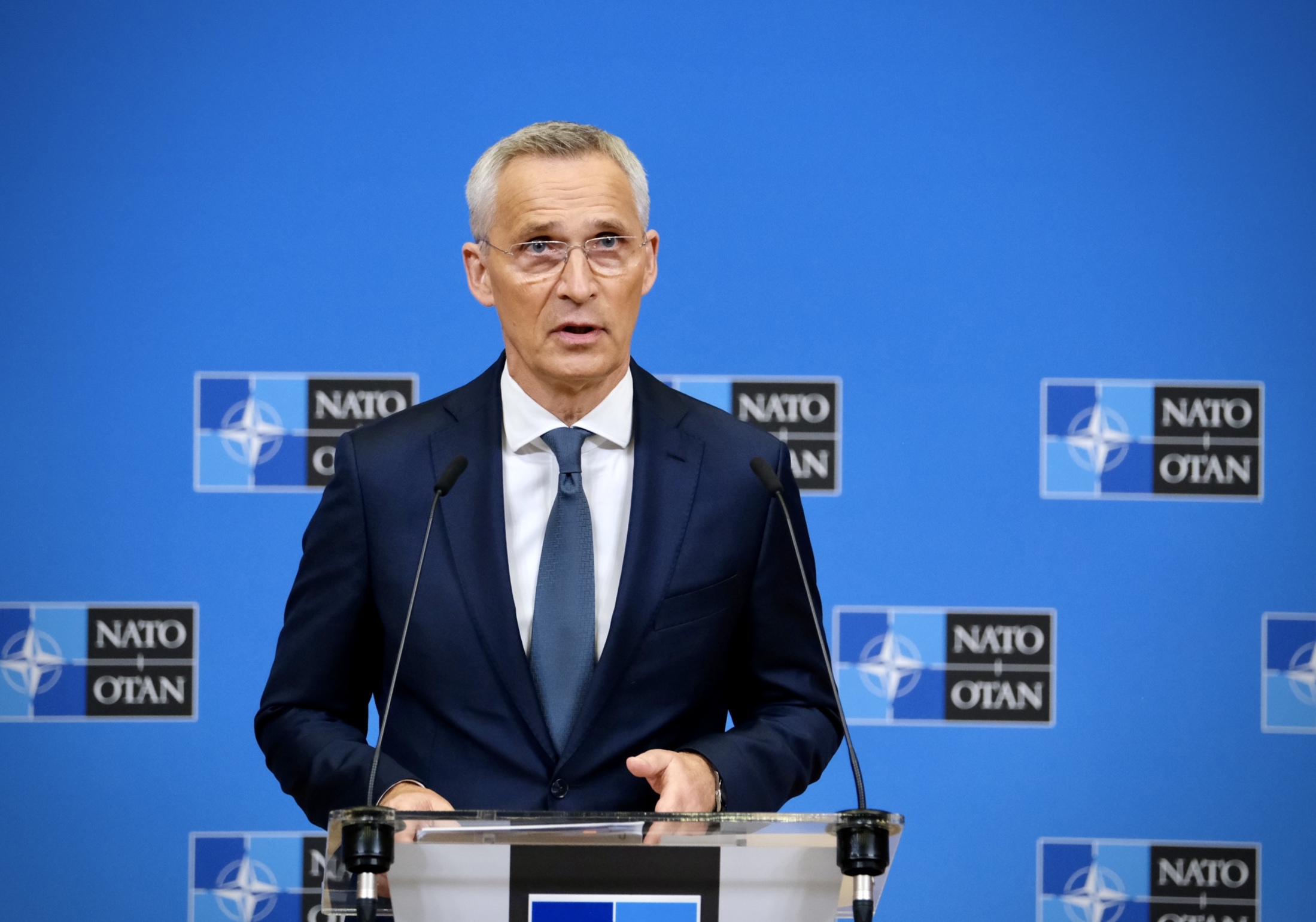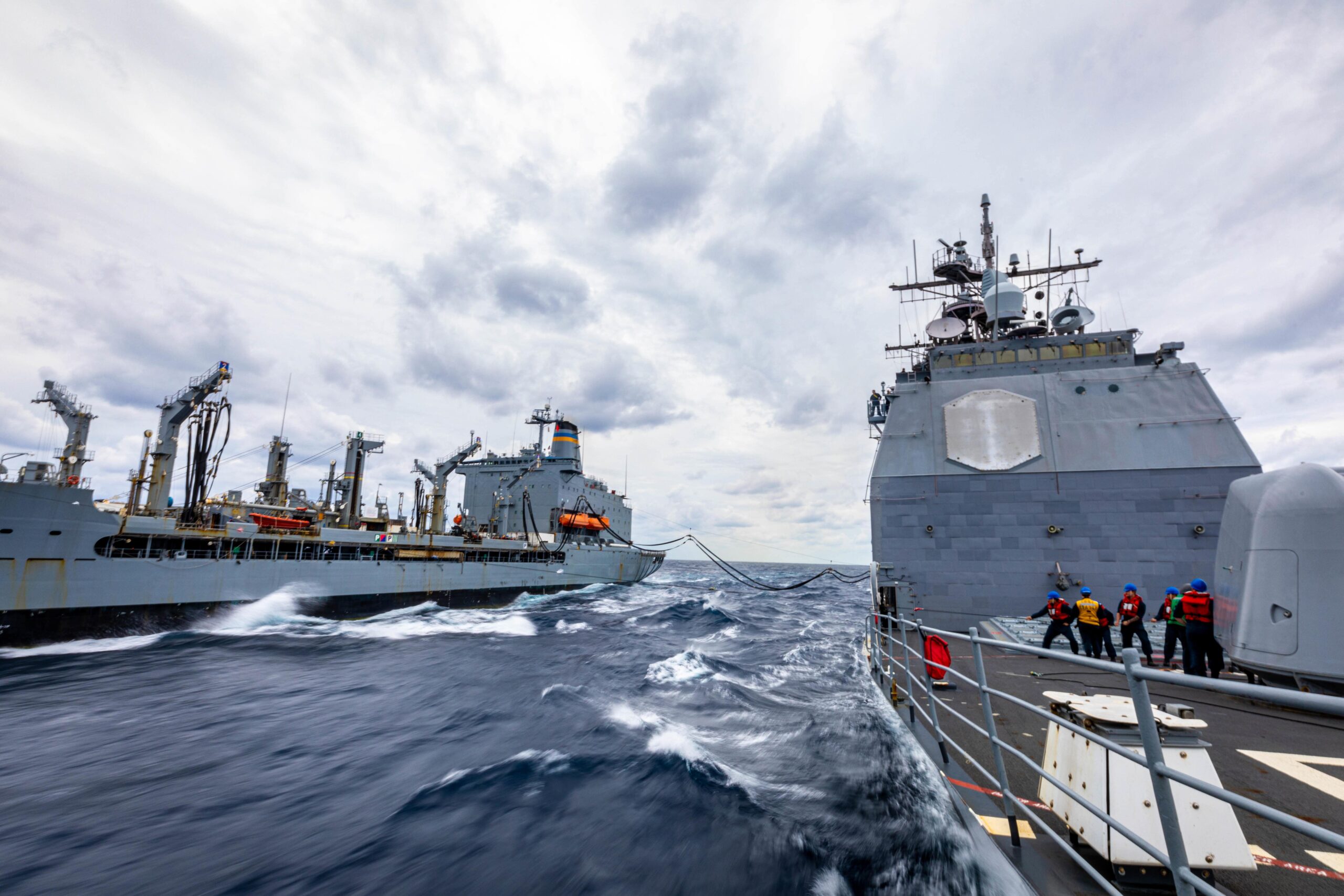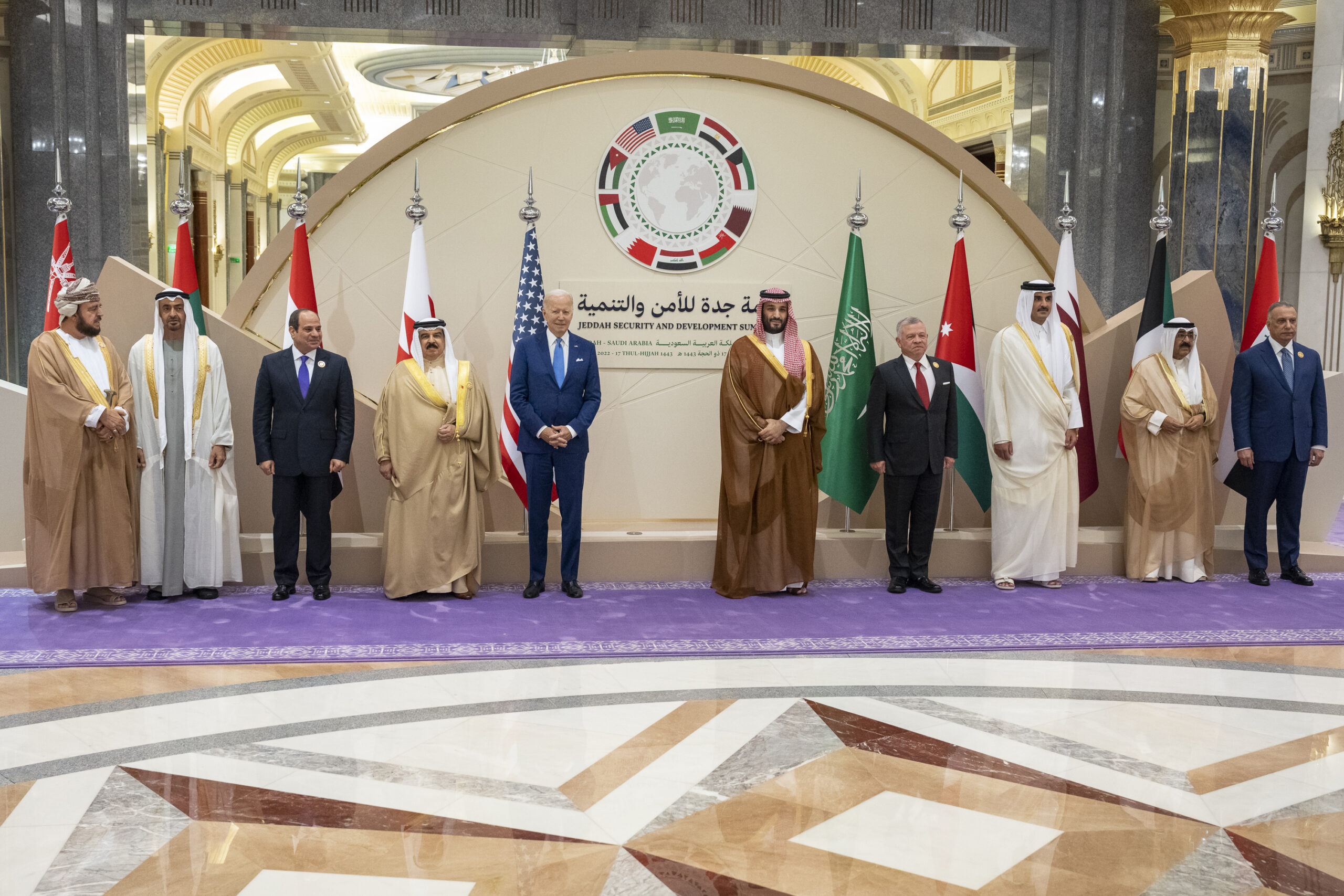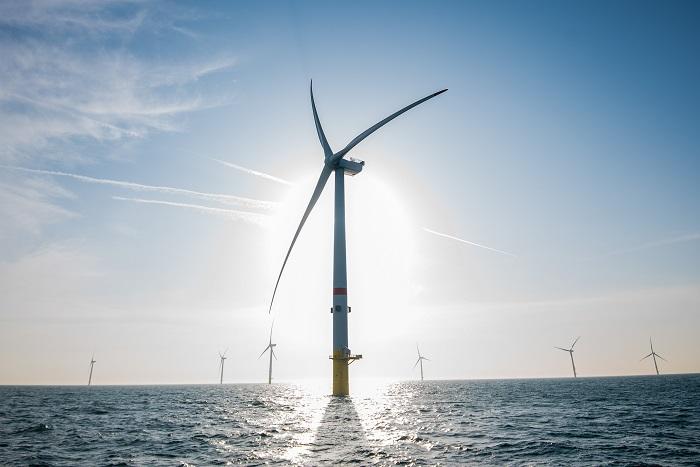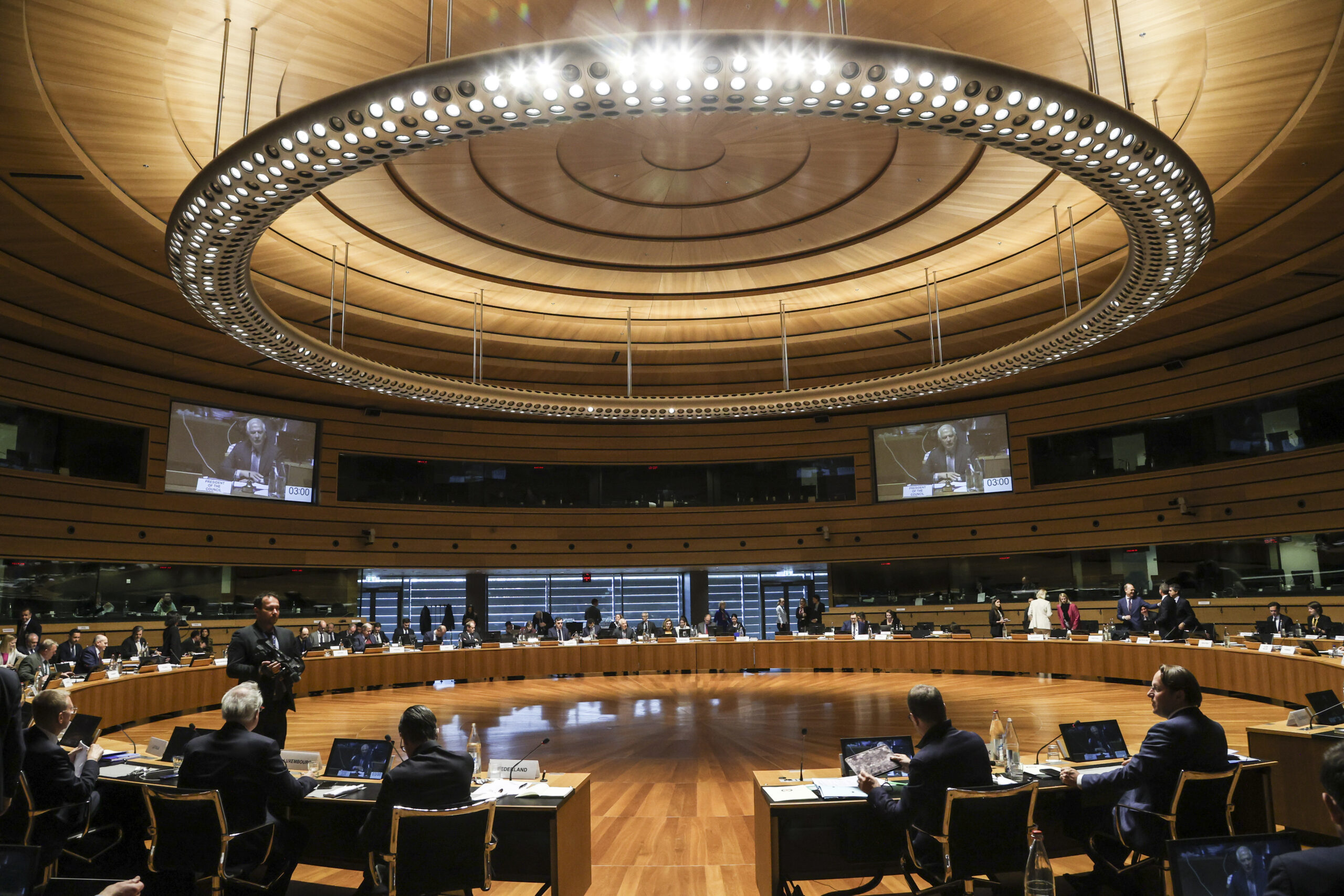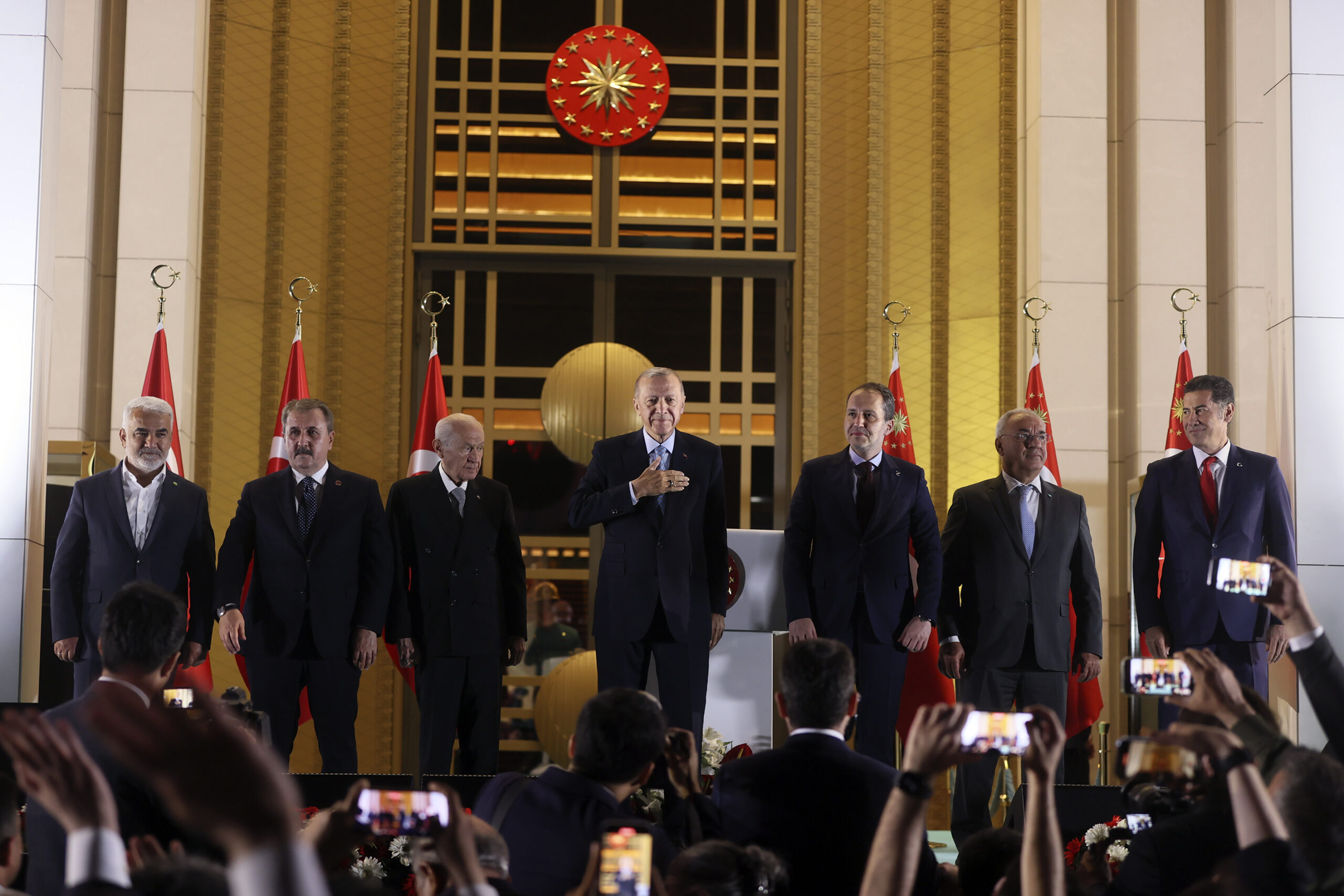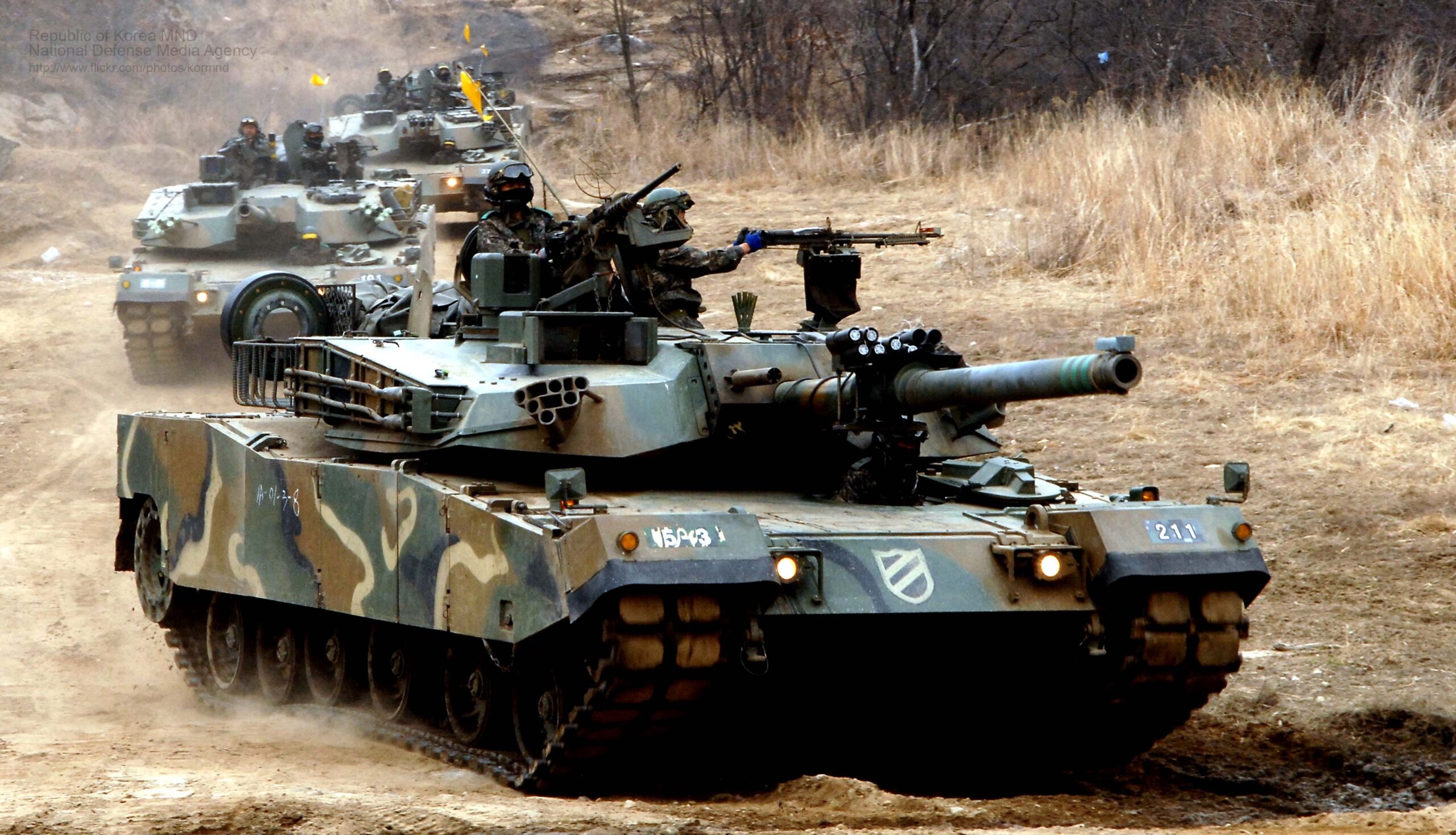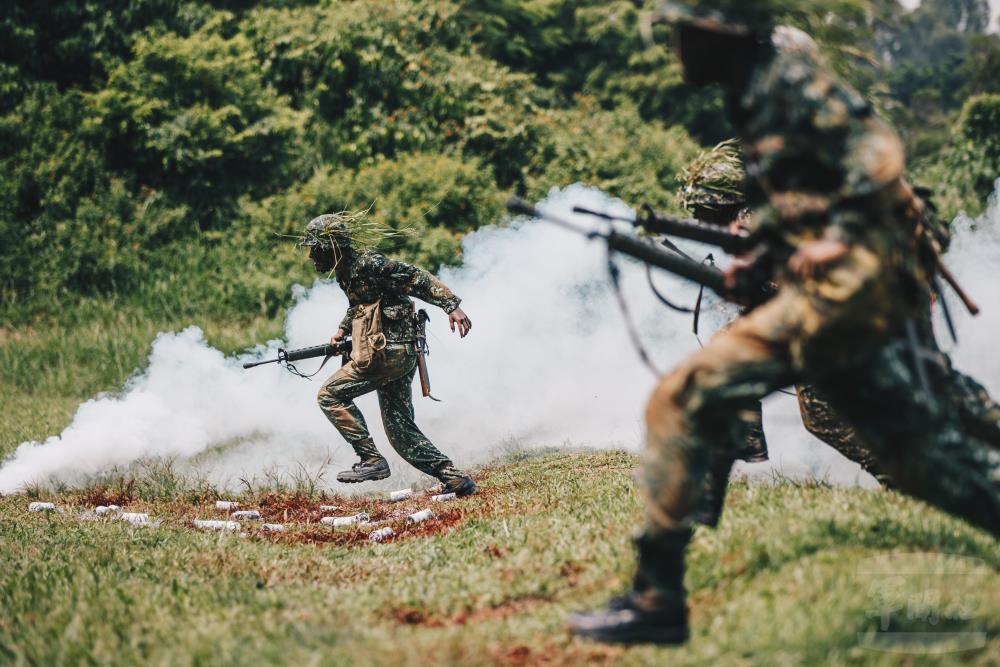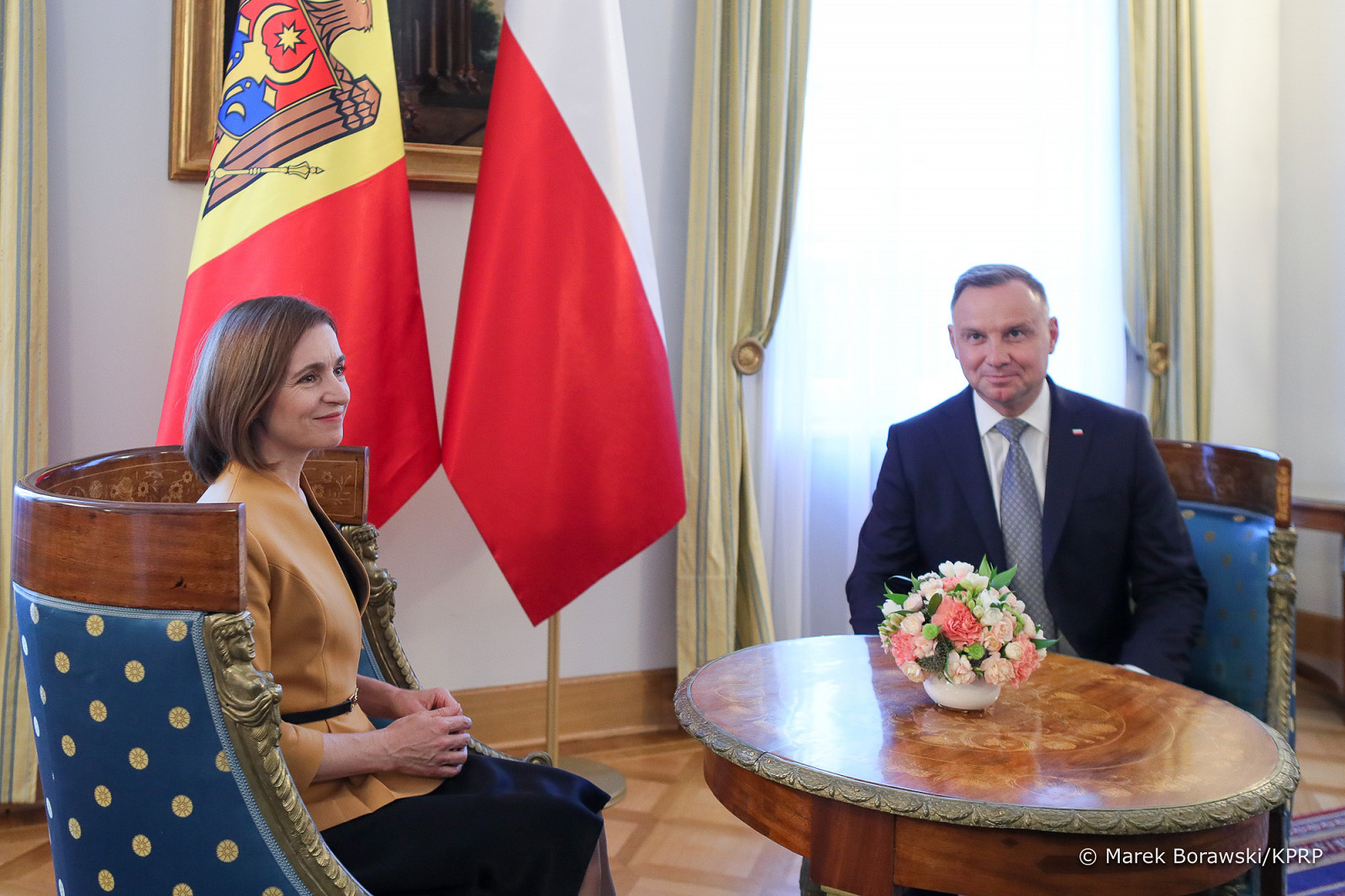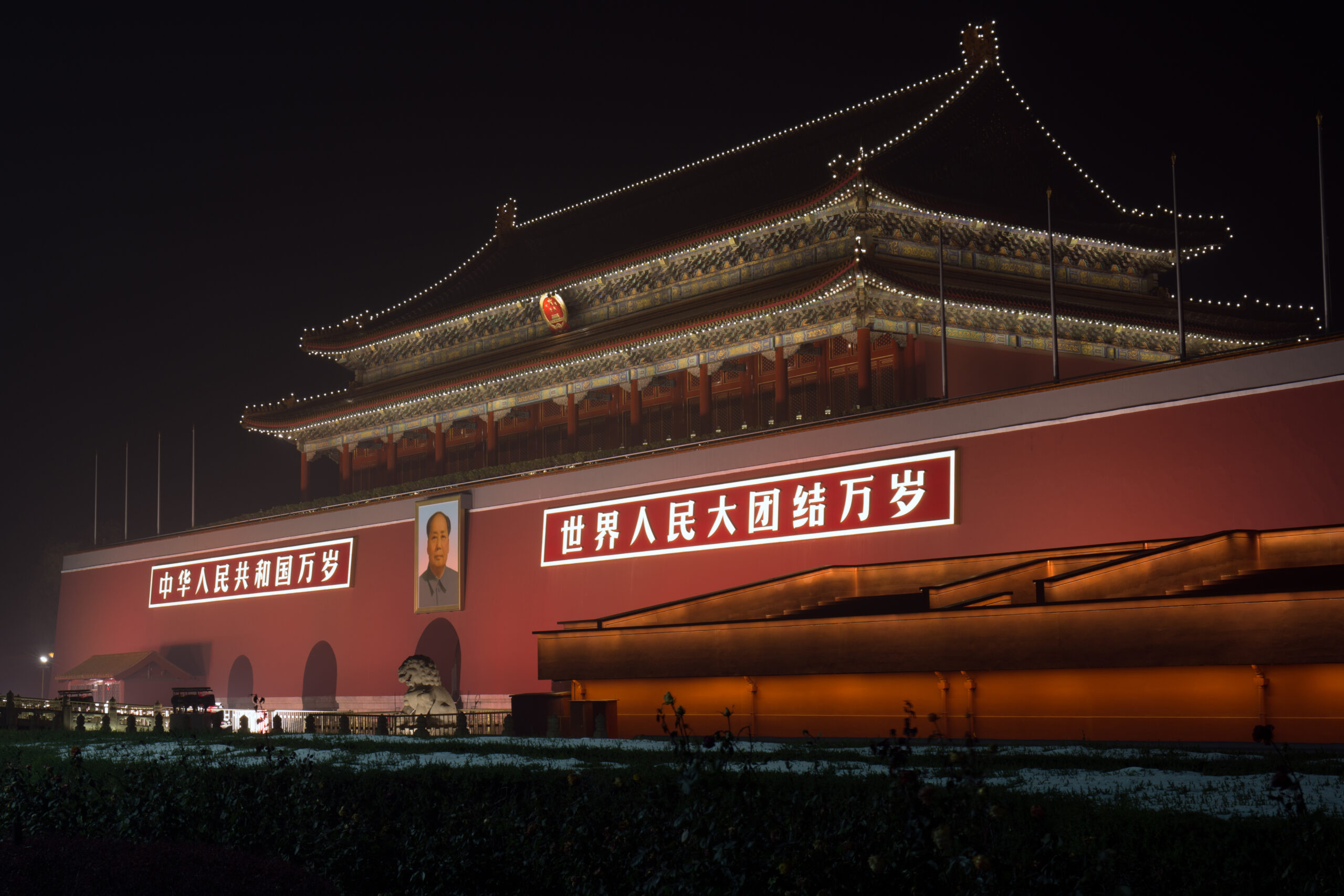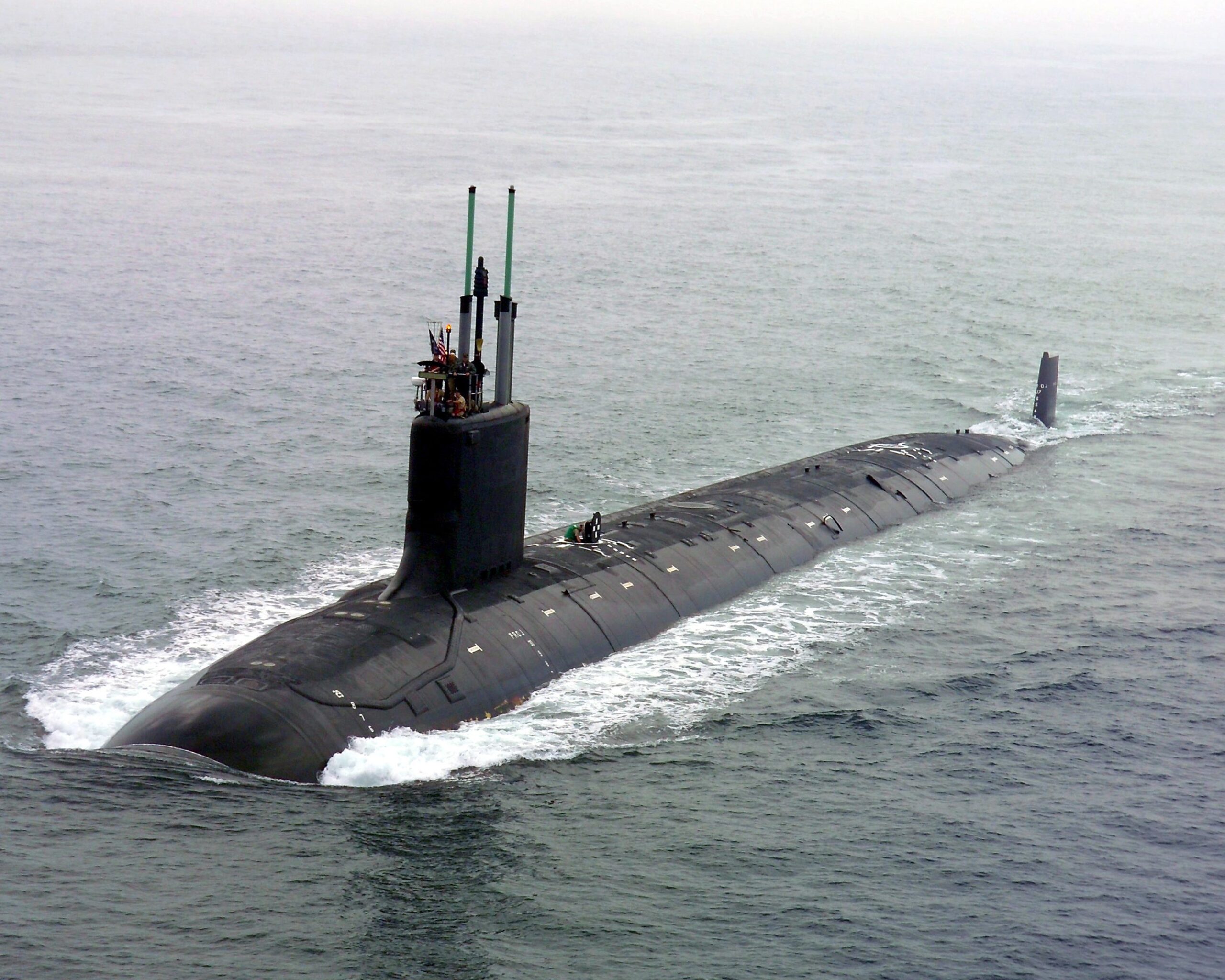Unię Europejską czeka przeformułowanie priorytetów politycznych. Należy oczekiwać większej aktywności w rozwoju europejskiego bezpieczeństwa i zdolności obronnych, natomiast transformacja klimatyczna najprawdopodobniej będzie częścią większej strategii gospodarczej rozwijania tzw. „zielonego wzrostu”.
Autor: Piotr Maciej Kaczyński
Opublikowano: 02/07/2024
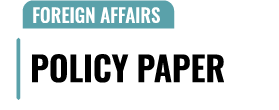
The Russian-Ukrainian war should instigate the change processes not only in the area of acquiring equipment and building integrated command systems but also in a faster implementation of the MC philosophy, using the Ukrainian experience, but also the Western, where the MC is implemented for two decades.
Autor: Maciej Milczanowski
Opublikowano: 01/07/2024
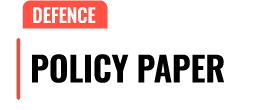
Wszelkie narzędzia współpracy i nacisku będą skutecznie oddziaływać jedynie wówczas, gdy państwa UE wypracują jedno stanowisko. Jest to bardzo trudno osiągalne patrząc na aktualną sytuację, dlatego rozwiązaniem byłoby poszukanie innych form kooperacji.
Autor: Karolina Wanda Olszowska
Opublikowano: 20/03/2024

The only way to avoid an escalation of the war on Lebanon’s territory and to prevent its destruction is to pressure Israel to terminate its plans to invade Lebanon, occupy parts of Lebanon’s territory, and to seriously extend the range and scope of air attacks.
Autor: Witold Repetowicz
Opublikowano: 14/03/2024

Russia is using the BRICS chairmanship to its own advantage and to counter isolation. By increasing cooperation within BRICS, Russia seeks to expand its influence and strengthen its position as an important player in global politics.
Autor: Karolina Olszowy
Opublikowano: 16/02/2024

The only durable solution for stability in the region is a political resolution to both Palestinian and Yemeni conflicts.
Autor: Witold Repetowicz
Opublikowano: 30/01/2024

Nadchodzące wybory na Tajwanie nie przyniosą znaczącej zmiany w polityce tego państwa na arenie międzynarodowej. Pomimo wyborczej retoryki podejście wszystkich potencjalnych trzech kandydatów do kwestii Chin wydaje się zbliżone, a uwagę Tajwańskich wyborców przykuwają raczej kwestie gospodarcze.
Autor: Tomasz Smura
Opublikowano: 10/01/2024

Aktualna sytuacja w regionie pozwala na utworzenie w Polsce realnych kompetencji w zakresie serwisowania samolotów F-16 i silników F100, w tym wykonywanie obsług wyższego rzędu tj. modernizacje MLU, SLEP i inne
Autor: Tomasz Miedziński
Opublikowano: 03/01/2024

Polityka energetyczno-klimatyczna będzie jednym z najpoważniejszych wyzwań dla każdej ekipy rządzącej Polską w ciągu najbliższych kilku dekad. Wynika to zarówno z jej istotnego znaczenia politycznego, społecznego i makroekonomicznego, jak i z ogromnego obciążenia finansowego dla państwa, gospodarki oraz społeczeństwa, jakie się z nią wiąże.
Autor: Sławomir Krenczyk
Opublikowano: 12/12/2023

People in Afghanistan continue to suffer under severe rules of the Islamic Emirate of Afghanistan (IEA), as the Taliban consolidates its power over the whole country
Autor: Tomasz Otłowski
Opublikowano: 06/10/2023

The Russian large scale invasion against Ukraine on 24th February 2022 provoked a debate in Germany on the relations with China, which had become increasingly problematic over the past decade.
Autor: Lidia Gibadło
Opublikowano: 08/09/2023

The US-China relationship appears to be becoming increasingly confrontational, with the Biden administration largely continuing the line adopted by Donald Trump.
Autor: Tomasz Smura
Opublikowano: 30/08/2023

Autonomizacja działań i pozycji militarnej Grupy Wagnera w Libii koresponduje ze wzrostem pozycji biznesowej i politycznej tej grupy w całym regionie północnoafrykańskim. Od kilku lat aktywność Kompanii Wagnera w Libii staje się coraz bardziej (i coraz wyraźniej) autonomiczna względem polityki, celów, a przede wszystkim zasobów organizacyjnych i logistycznych Moskwy.
Autor: Tomasz Otłowski
Opublikowano: 04/08/2023

NATO used to hold its heads of state and government meetings (summits) every few years. Now, due to the extraordinary challenging security situation (the ongoing war in Europe, the biggest since 1945) such gatherings take place de facto every year.
Autor: Robert Pszczel
Opublikowano: 08/07/2023

The strategic significance of the South China Sea is primarily attributed to its geographical location, rendering it one of the world's busiest and most strategically important shipping routes.
Autor: Mateusz Chatys
Opublikowano: 04/07/2023

In recent times, Saudi Arabia - a longstanding strategic partner of the United States - has embarked on a new course in its foreign policy. Riyadh has intensified cooperation with China and drawn closer to the Shanghai Cooperation Organization. Now, the House of Saud is signaling readiness to join the anti-Western BRICS bloc.
Autor: Robert Czulda
Opublikowano: 27/06/2023

Since the outbreak of Russia’s large scale invasion against Ukraine Poland procured a significant number of military equipment, which should increase the firepower of the Polish Armed Forces. The Polish Armed Forces also have not forgotten about the development of cyberarmy, which was established in 2018 and should be fully operational by 2026. The question is whether Poland has the potential and will to be a significant power in cyberspace?
Autor: Andrzej Kozłowski
Opublikowano: 26/06/2023
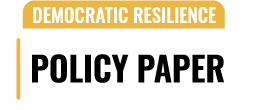
Europe's pursuit of greener energy through the expansion of renewable technologies has led to a growing dependence on raw materials and rare elements that are predominantly produced outside its borders, notably in China and other countries. This reliance on external sources introduces complexities and challenges to the region's energy transition.
Autor: Piotr Przybyło
Opublikowano: 19/06/2023

One of the somewhat unexpected (but highly welcome), consequences of the barbaric war waged by Russia against Ukraine and Moscow’s open confrontation with the West, has been a commendable show of unity not just from NATO, but also the European Union (EU).
Autor: Robert Pszczel
Opublikowano: 15/06/2023

Turkish elections were not forged but it doesn’t mean that they were free and fair. High turnout could suggest that the main winner was democracy but this is not the case.
Autor: Witold Repetowicz
Opublikowano: 07/06/2023

Despite mounting pressure, South Korea remains unwilling to provide military assistance to Ukraine. This stance is rooted not only in Seoul's longstanding policy of refraining from supplying arms to nations engaged in active conflict, but also in the highly sensitive security situation in the region.
Autor: Robert Czulda
Opublikowano: 23/05/2023

During the early stages of the war, some were worried that Russia's aggression against Ukraine could lead to a similar attack on Taiwan by China. This argument was not unfounded, as a quick Russian victory could embolden China to launch an attack on Taiwan, while a prolonged conflict in Europe could prevent the United States from deploying more forces to the Indo-Pacific.
Autor: Robert Czulda
Opublikowano: 22/05/2023

Central and Eastern Europe (CEE) needs to become an attentive listener if its countries want to advocate for its interests more effectively. With the war in Ukraine ongoing and the challenge of the country’s reconstruction looming on the horizon, the regional decision-makers have to show more understanding of the challenges faced by their partners in other parts of the continent. They also need to embark on the path to resolve bilateral disputes with the EU institutions and major EU Member States to increase the region’s credibility at international level in the times of changing global security landscape.
Autor: Miłosz J. Cordes
Opublikowano: 19/05/2023

As China gained more influence in terms of its economic power, the political ambitions of Beijing have dramatically grown. These tendencies are reminiscent of the continuing centralization of authority that commenced subsequent to the 19th Party Congress in 2017.
Autor: Dominik Mierzejewski, Przemysław Ciborek
Opublikowano: 18/05/2023

In March 2023 the US Department of Defense (DoD) presented its budget for the Fiscal Year 2024 (September 2023 – September 2024). As the DoD representatives and the overview of the budget emphasised it is “the most strategy-driven request we’ve ever produced from the Department of Defense.”
Autor: Tomasz Smura
Opublikowano: 17/05/2023


